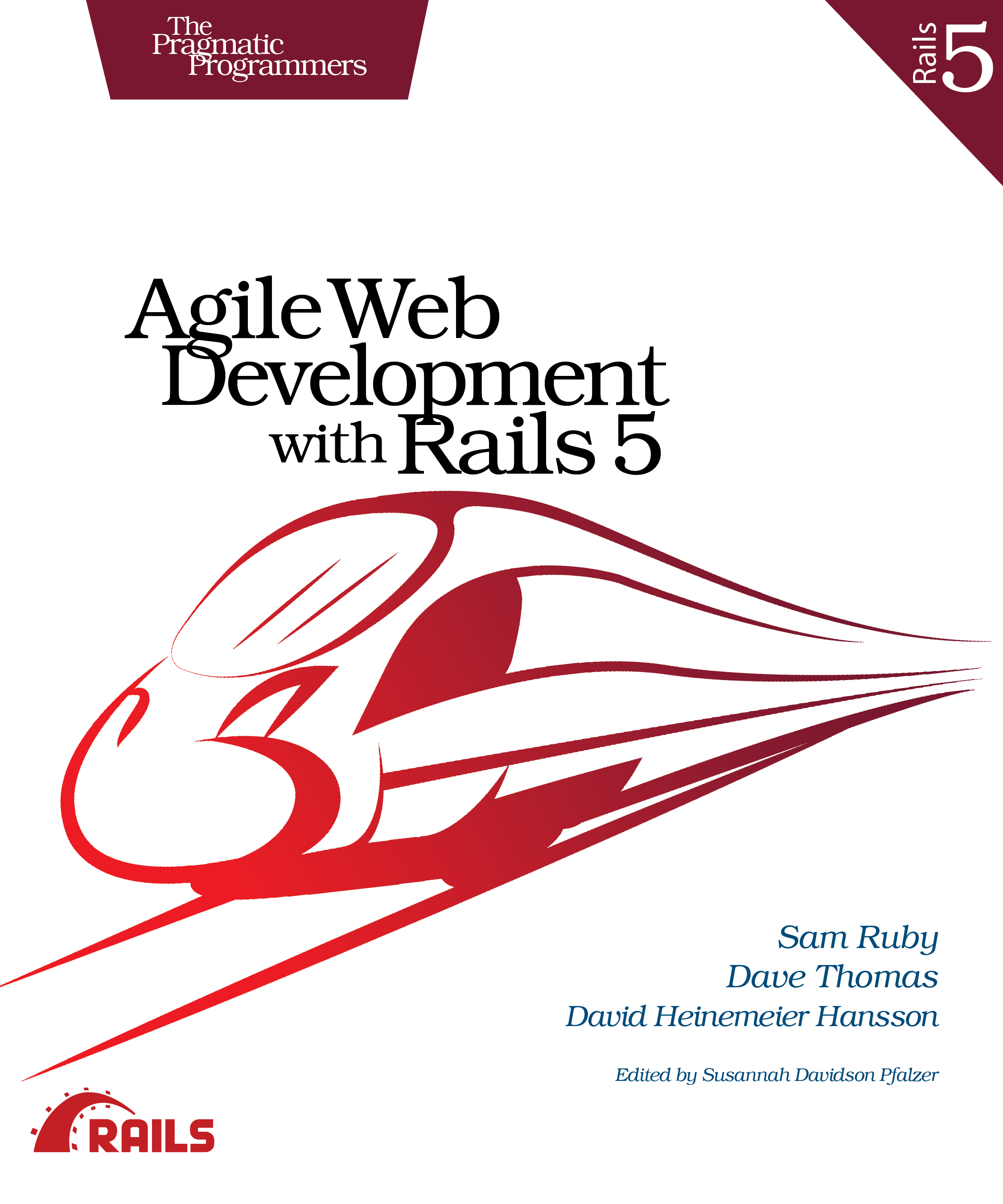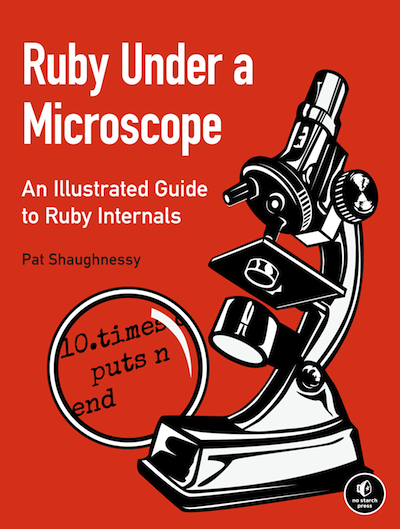Zero to One Hundred in Six Months: Notes on Learning Ruby and Rails
When they say you’ll like learning and programming in Ruby, they really mean it. From my experience learning and professionally using Ruby and Ruby-on-Rails day-to-day has been quite straightforward and friendly. The rate at learning Ruby and Rails is limited to how fast you’re able to obtain and use that knowledge from either resources online, in a book, or from other people.
It’s common for people who join Shopify to not know how to program in Ruby, yet will be required to. Ruby’s community has grown a great deal of beginner to intermediate guides for newcomers to quickly get up to speed at programming in Ruby. At Shopify, since the feedback is so fast, you’re able to get into an intense virtuous cycle of learning. Since you’re able to code and ship fast, you’re able to learn faster.
 From personal experience I found it quite useful to do a deep-dive into Rails before starting to learn the full Ruby language. I focused on reading the entire Agile Web Development with Rails 5 book, which consists of a short primer on Ruby, then the bulk being how to develop an online store using Rails, and lastly an in-depth look into each Rails module. I completed this book over the two weeks before starting at Shopify to give me a head-start at learning.
From personal experience I found it quite useful to do a deep-dive into Rails before starting to learn the full Ruby language. I focused on reading the entire Agile Web Development with Rails 5 book, which consists of a short primer on Ruby, then the bulk being how to develop an online store using Rails, and lastly an in-depth look into each Rails module. I completed this book over the two weeks before starting at Shopify to give me a head-start at learning.
Roughly the first two months spent at Shopify were a split of working on small tasks by myself, pair-programming with others, and reading a number of Ruby and Rails articles. At the end of two months I found myself being able to take pieces of work from our weekly sprints and completing them to the end without feeling like I was slow, and not requiring a team member to guide me through the entire change.
Code reviews over GitHub on the changes that myself and others have made provided a strong signal on how well my Ruby and Rails knowledge and style has progressed. Code reviews for my code at the start consisted of a lot of comments on style and better methods to use. As more and more code reviews were performed over time my intuition and knowledge increased, resulting in better code and less review comments. The bite-sized improvements gained in each code review slowly built up my knowledge and helped guide me towards areas of further learning.
Mastering Ruby and Rails is gained over months to years of constant use. This is where the lesser-known to obscure language features are understood and put to use, or explicitly not put to use (I’m looking at you metaprogramming!) Some examples being the unary & operator, bindings, and even Ruby internals such as object allocation and how Ruby programs are interpreted.
Coming from the statically-typed Java world, Ruby and Rails is INSANE with the things you can do since it is a dynamic language. My favourite dynamic language related features so far are Module#prepend for inheritance, and the ability to live-reload code.
After a sufficient amount of time gathering knowledge and experience, you gain the ability to help others along their path of learning. This not only benefits their understanding, but it also reinforces your knowledge of the subject.
 Some of the things I look forward to in the future are learning about optimizing Rails apps, dispelling metaprogramming, reading Ruby Under a Microscope, and digging into the video back-catalogue of Destroy All Software. I hope you have a good journey too!
Some of the things I look forward to in the future are learning about optimizing Rails apps, dispelling metaprogramming, reading Ruby Under a Microscope, and digging into the video back-catalogue of Destroy All Software. I hope you have a good journey too!